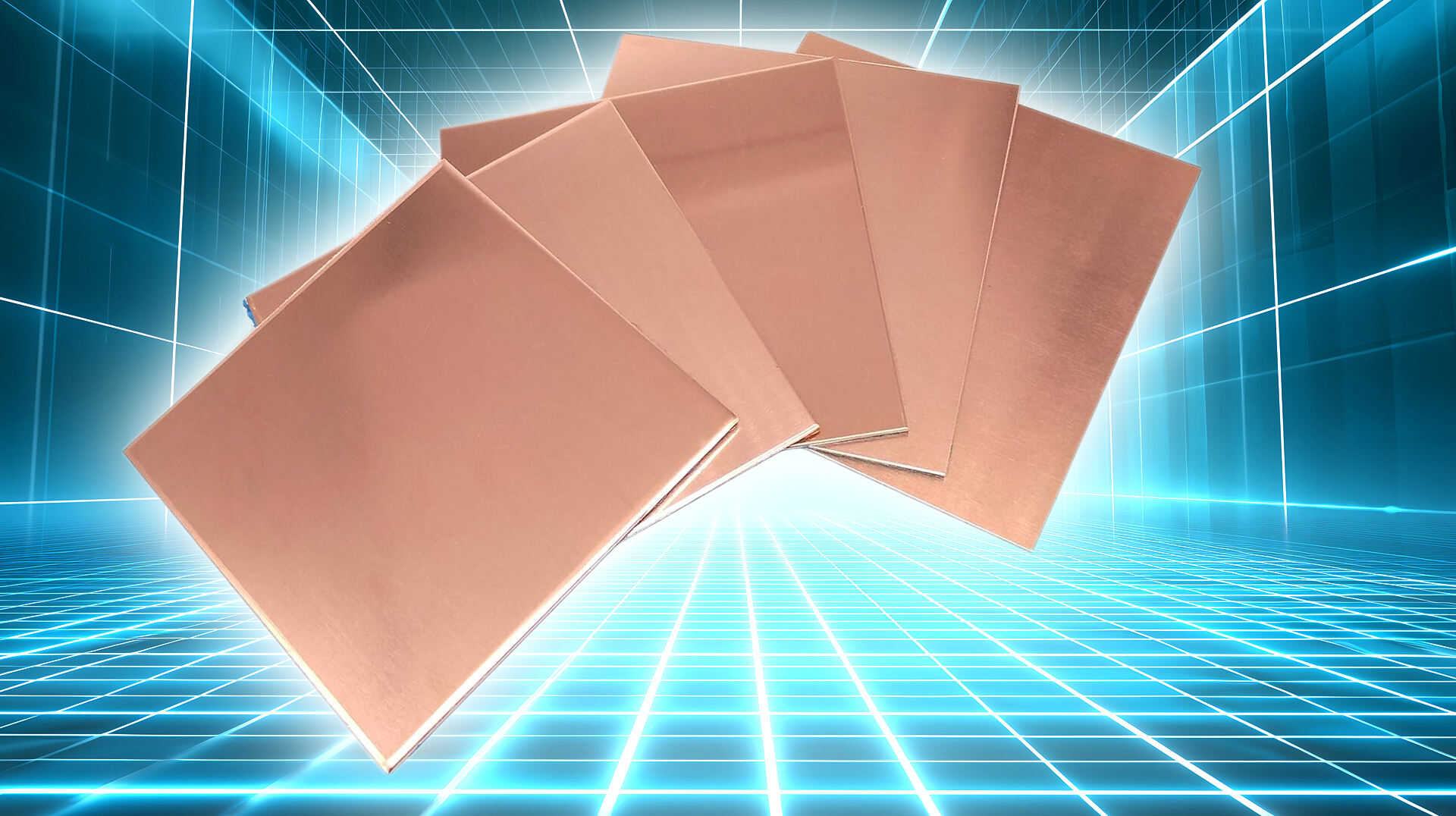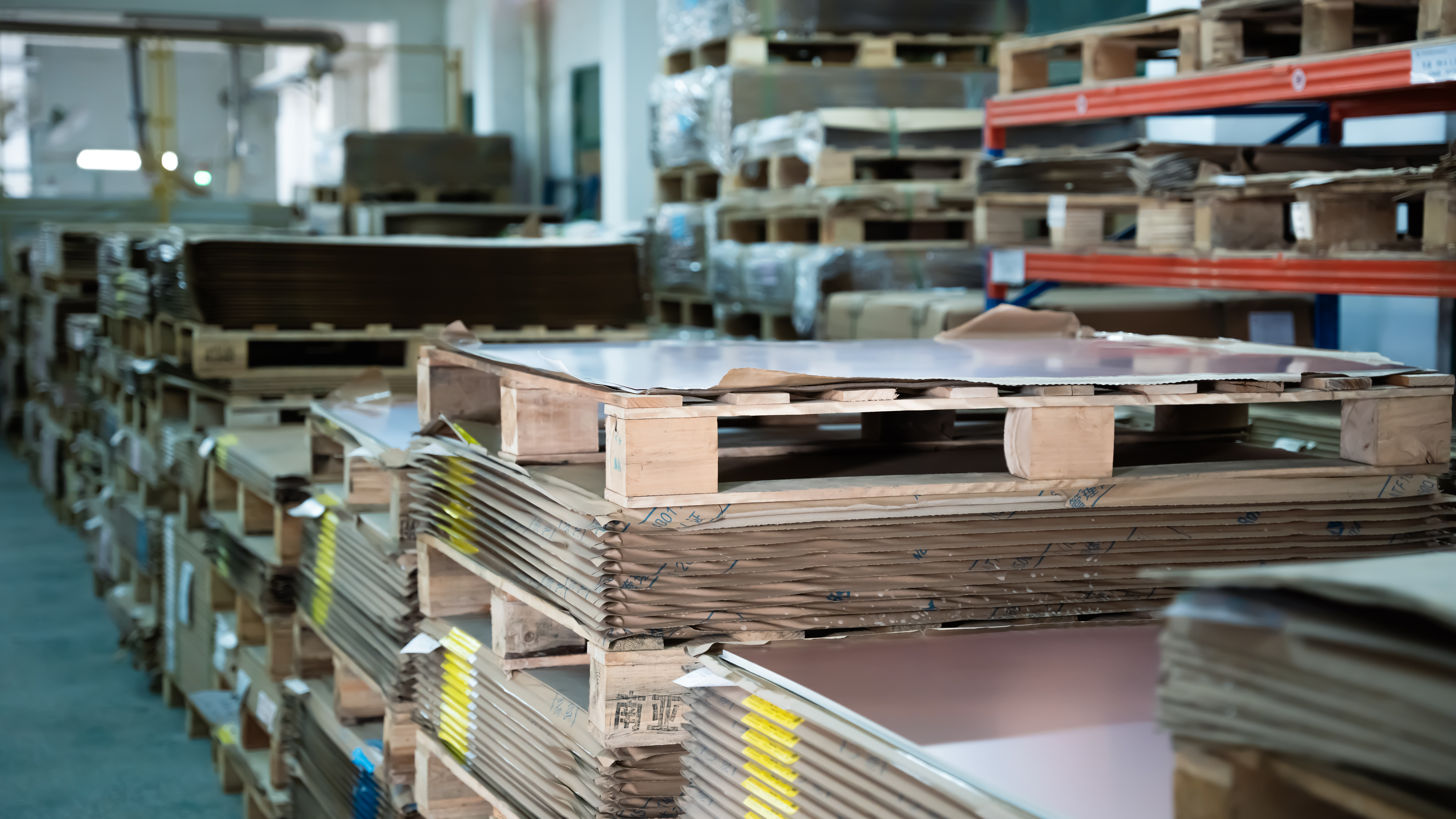Understanding the Core of Modern Electronics: PCB Manufacturing Excellence
In today's increasingly connected world, printed circuit boards (PCBs) serve as the backbone of electronic devices. PCB manufacturing represents the foundation upon which our digital revolution stands, enabling everything from smartphones and laptops to advanced medical equipment and aerospace technology. This intricate process combines precision engineering with cutting-edge technology to create the complex circuitry that powers our modern world.
The significance of PCB manufacturing extends far beyond simple circuit connections. It encompasses a sophisticated blend of material science, electrical engineering, and precision manufacturing techniques that together determine the reliability, performance, and longevity of electronic products. As technology continues to advance at an unprecedented pace, the role of PCB manufacturing becomes increasingly critical in meeting the demands of newer, more sophisticated electronic devices.
The Evolution of PCB Manufacturing Technologies
From Single-Layer to Multi-Layer Innovation
The journey of PCB manufacturing has been marked by continuous innovation and advancement. What began as simple single-layer circuits has evolved into complex multi-layer boards capable of supporting thousands of components. Modern PCB manufacturing techniques allow for the creation of boards with upwards of 50 layers, each serving specific functions and contributing to the overall performance of the electronic device.
This evolution has been driven by the increasing demands of miniaturization and functionality in electronic products. Advanced PCB manufacturing processes now incorporate sophisticated techniques such as blind and buried vias, impedance control, and high-density interconnect (HDI) technology, enabling more components to be packed into smaller spaces while maintaining optimal performance.
Advanced Materials and Manufacturing Processes
The materials used in PCB manufacturing have also undergone significant advancement. From traditional FR-4 substrates to high-performance materials like polyimide and ceramic-based compounds, manufacturers now have a wide range of options to meet specific application requirements. These materials offer improved thermal management, better signal integrity, and enhanced durability, all crucial factors in modern electronic products.
Modern PCB manufacturing processes utilize state-of-the-art equipment and techniques, including laser drilling, plasma etching, and automated optical inspection systems. These advancements ensure higher precision, better quality control, and increased reliability in the final product.

Quality Control in PCB Manufacturing
Precision Testing and Verification
Quality control in PCB manufacturing involves multiple stages of testing and verification to ensure the final product meets stringent performance standards. This includes electrical testing for continuity and shorts, impedance testing, and thermal stress testing. Advanced imaging techniques such as X-ray inspection and automated optical inspection (AOI) help identify potential defects before boards enter production.
Manufacturing facilities employ sophisticated quality management systems that track each board through every stage of production. This comprehensive approach to quality control helps maintain consistency and reliability while reducing the possibility of defects in the final product.
Environmental and Reliability Standards
Modern PCB manufacturing must adhere to strict environmental and reliability standards. This includes compliance with RoHS (Restriction of Hazardous Substances) regulations, which restrict the use of certain harmful materials in electronic products. Additionally, manufacturers must meet various industry-specific standards such as IPC certifications, ISO requirements, and military specifications where applicable.
Environmental considerations in PCB manufacturing extend to waste management, energy efficiency, and the use of sustainable materials. Many facilities now implement green manufacturing practices to reduce their environmental impact while maintaining high-quality standards.
Impact on Product Performance and Reliability
Signal Integrity and Electronic Performance
The quality of PCB manufacturing directly affects the signal integrity and overall performance of electronic products. Proper trace routing, impedance control, and EMI shielding are crucial aspects that must be carefully managed during the manufacturing process. High-quality PCB manufacturing ensures that signals travel efficiently through the board with minimal interference or degradation.
Advanced PCB manufacturing techniques also enable the integration of high-speed digital circuits, RF components, and power electronics on the same board while maintaining optimal performance. This capability is essential for modern electronic devices that combine multiple functions in compact form factors.
Thermal Management and Durability
Effective thermal management is a critical aspect of PCB manufacturing, particularly as electronic devices become more powerful and compact. Advanced manufacturing techniques incorporate thermal vias, copper planes, and specialized materials to help dissipate heat efficiently. This attention to thermal design ensures reliable operation and extends the lifespan of electronic products.
The durability of PCBs is also heavily influenced by manufacturing quality. Proper selection of materials, careful control of manufacturing processes, and thorough testing help ensure that boards can withstand environmental stresses, temperature variations, and mechanical forces throughout their intended lifecycle.
Future Trends in PCB Manufacturing
Integration of Smart Manufacturing Technologies
The future of PCB manufacturing is being shaped by Industry 4.0 technologies, including artificial intelligence, machine learning, and IoT integration. These advanced technologies enable real-time monitoring of manufacturing processes, predictive maintenance, and automated quality control, leading to improved efficiency and reduced production costs.
Smart manufacturing systems are also enabling greater flexibility in production, allowing manufacturers to quickly adapt to changing requirements and maintain high quality standards across different product lines. This adaptability is crucial in meeting the diverse needs of modern electronic products.
Emerging Technologies and Materials
Innovation in PCB manufacturing continues with the development of new materials and manufacturing techniques. Flexible and rigid-flex PCBs are becoming increasingly important for wearable electronics and IoT devices. Additionally, research into new conductive materials and manufacturing processes promises to enable even higher levels of integration and performance.
The integration of advanced technologies such as 3D printing in PCB manufacturing is also showing promise for prototyping and specialized applications. These developments are expanding the possibilities for electronic product design and enabling new applications across various industries.
Frequently Asked Questions
How does PCB manufacturing quality affect product reliability?
PCB manufacturing quality directly impacts product reliability through factors such as signal integrity, thermal management, and structural durability. High-quality manufacturing processes ensure consistent performance, longer product lifespan, and reduced failure rates in electronic devices.
What are the key considerations in choosing a PCB manufacturing partner?
When selecting a PCB manufacturing partner, consider their technical capabilities, quality control systems, industry certifications, production capacity, and experience with similar products. Additionally, evaluate their ability to meet specific requirements for materials, tolerances, and testing procedures.
How is PCB manufacturing evolving to meet future technology needs?
PCB manufacturing is evolving through the adoption of smart manufacturing technologies, advanced materials, and new production techniques. This includes the integration of AI and IoT in manufacturing processes, development of high-performance materials, and implementation of more sustainable manufacturing practices.

